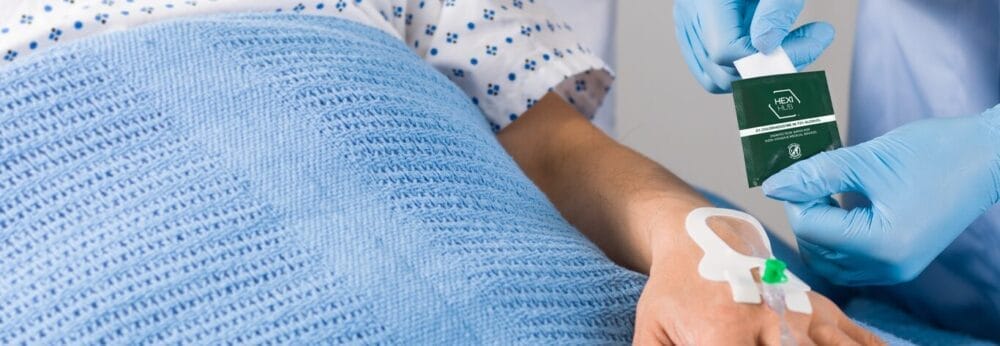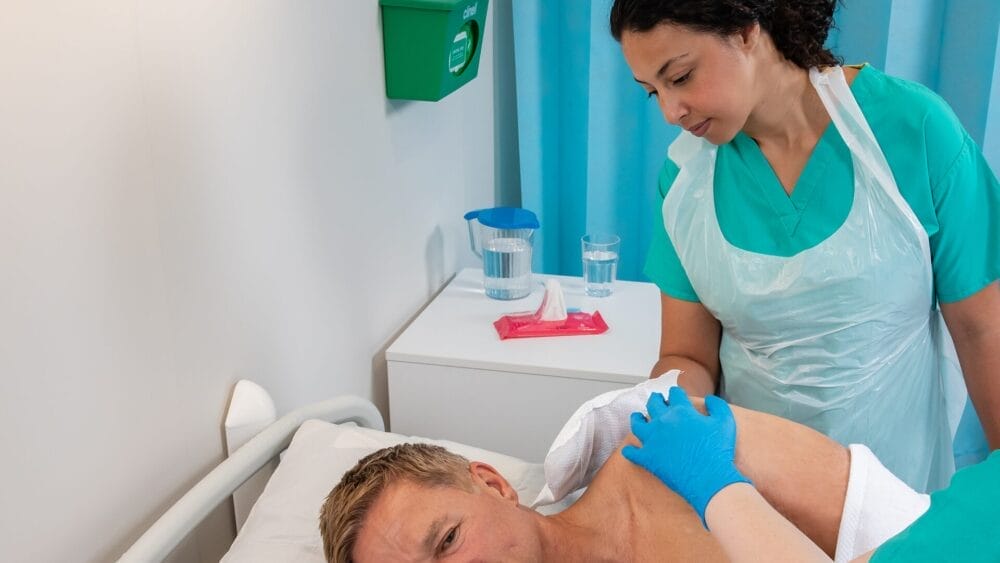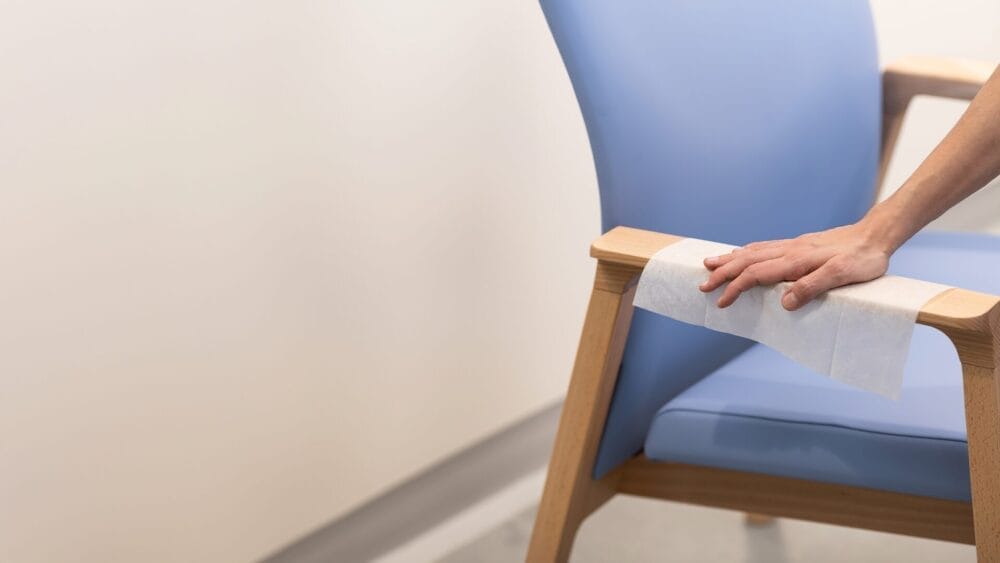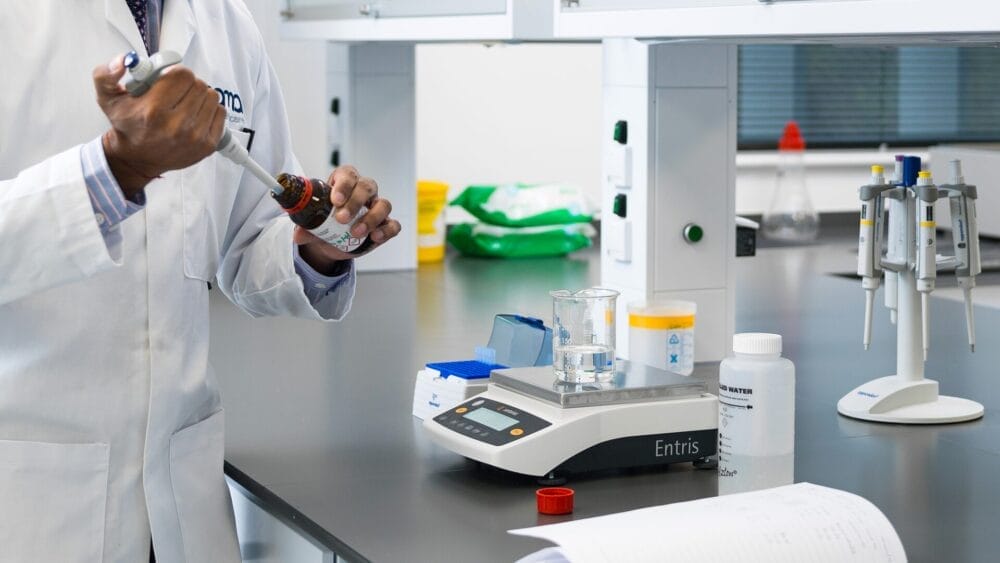Posted
21st July 2020
Research
There’s been understandably a huge amount of discussion about the possible role of contaminated surfaces in the transmission of the SARS-CoV-2 virus that causes COVID-19. But let’s not forget the important and established role that contaminated surfaces play in the transmission of other important pathogens.
There’s strong evidence that MRSA transmission dynamics can include contaminated surfaces. As a reminder of this, a new article tracks the role of contaminated surfaces in the transmission of MRSA.
The study was performed in a burns unit and associated ICU in Australia. Patients were screened on admission, weekly, and at the time of their discharge. In addition, environmental sampling were taken from the rooms used to care for patients with MRSA, VRE, and multidrug-resistant Gram-negative bacteria before and after terminal cleaning and disinfection.
MRSA from 68 patients and 170 associated environmental samples was included in the study. One type of MRSA (called “EMRSA-15”) accounted for around half of the patient and environmental isolates. Typing and whole genome sequencing identified 12 new acquisitions in the ICU, 28 in the burns unit, and 2 of unknown origin over the course of the study. Of these, the timing of sample collection indicated that 12/42 acquisitions (29%) were attributed to contaminated environmental surfaces.
This study serves as an important reminder that MRSA acquisition continues to occur in healthcare settings around the world. Approximately 1/3 of acquisitions of MRSA were attributed to contaminated environmental surfaces, suggesting that enhanced disinfection of the environment could have prevented these from occurring.
SHARE THIS ARTICLE
Tags
Latest News
Introducing HEXI HUB: A seamless transition in our product line
We’re pleased to announce an update to our product offering…
Innovative solutions for tackling Carbapenemase-producing Enterobacteriaceae (CPE) at King’s College Hospitals
King’s College Hospital NHS Foundation Trust, one of London’s largest…
Gloves Off: reducing unnecessary plastic waste during environmental cleaning and disinfection
In this blog, Dr Phil Norville discusses the momentum-gaining ‘Gloves…
Gloves Off: Navigating SDS sheets and skin safety claims in environmental decontamination products
In this blog, James Clarke (Head of R&D, Science &…




